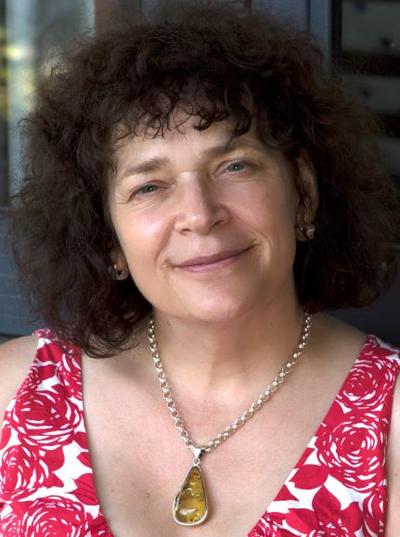Muriel Bell Lecture
Muriel Bell (4/1/1898-2/5/74) was an esteemed New Zealand nutritionist and medical researcher. At each Scientific Meeting of the Nutrition Society held in New Zealand, a free public lecture, is held in her name. Please feel free to attend this years lecture.
Date: Thursday 28th November 2019
Time: 5pm (for 1 hour)
Venue: Lecture Theatre 1. Eastern Institute of Technology, 501 Gloucester Street, Taradale, Napier

Professor Jane Coad
Leader of the Nutrition Science department in the School of Food and Advanced Technology in the College of Sciences, Massey University
Jane Coad has a background in nutrition and physiology. She moved to New Zealand and Massey University in 2001 to take up the role of academic leader in human nutrition. She was formerly senior lecturer in nutrition and reproduction at the University of Surrey in Guildford, UK and also taught for the Open University. Jane led the development of the BSc major in Human Nutrition from its inception; this became one of the most successful programmes at Massey.
Jane’s research covers a broad range of topics such as mechanisms involved in iron absorption, biodiversity and use of wild plants affecting nutrient status of adolescents in refugee camps, sustainable and biodiverse diets in Small Island Developing States, development of complementary foods for African countries, gut-bone axis (in coeliac disease and the relationship with gut microbiota), gut-brain axis in depression and stress, altered cellular response in gut inflammation (e.g. inflammatory bowel disease), micronutrient intake in pregnancy and changing body composition postpartum. She is a founding member of the Manawatu Mother & Infant Nutrition Research Group and the Massey Vitamin D Research Centre.
Jane is currently leader of the Nutrition Science department in the School of Food and Advanced Technology in the College of Sciences at Massey University. She has had various roles in the Nutrition Society of New Zealand including being President from 2009 to 2012. The 4th edition of Jane’s best-selling textbook Anatomy & Physiology for Midwives was published in October 2019.
Lecture Summary
Nutrition in New Zealand: can the past offer lessons for the present and guidance for the future?
In this year’s Muriel Bell lecture, Jane Coad will examine some historical events in nutrition related to New Zealand and discuss their implications, particularly how these lessons from history might be used as inspiration to face the food and nutrition challenges ahead.
The relationship between food and nutrition has been understood for thousands of years. Since, nutrition as a science was established from developments in chemistry, medicine and physiology in the 19th century, it has always been clear that it is a multidisciplinary speciality. Fundamental science underpins nutrition as an emerging discipline but today’s nutritionists need broader skills including the ability to translate and communicate the increasing complexity of modern science in an era of rapidly disseminated information of variable quality and credibility. Nutrition is an area where government, public and private sectors often interact in a unique environment. Government agencies are frequently supported by nutritionists in the development of public health strategies but nutritionists in New Zealand are compromised by the lack of an efficient channel to identify topics that should be critically and rigorously discussed. It is therefore difficult to produce or endorse a nutrition position statement and to advocate for changes in public health practice or research priorities.
Although there have been extraordinary changes in the production and consumption of food over recent years, we face pressures from environmental change whilst the global population and consequent demand for food are increasing to unparalleled levels. There is also an unprecedented increase in the prevalence of nutrition-related noncommunicable diseases. The global expansion of ‘Big Food’ has created tension between the food industry and those promoting better health. It is timely, in the middle of the UN Decade of Action on Nutrition, to consider the role of nutritionists in New Zealand.